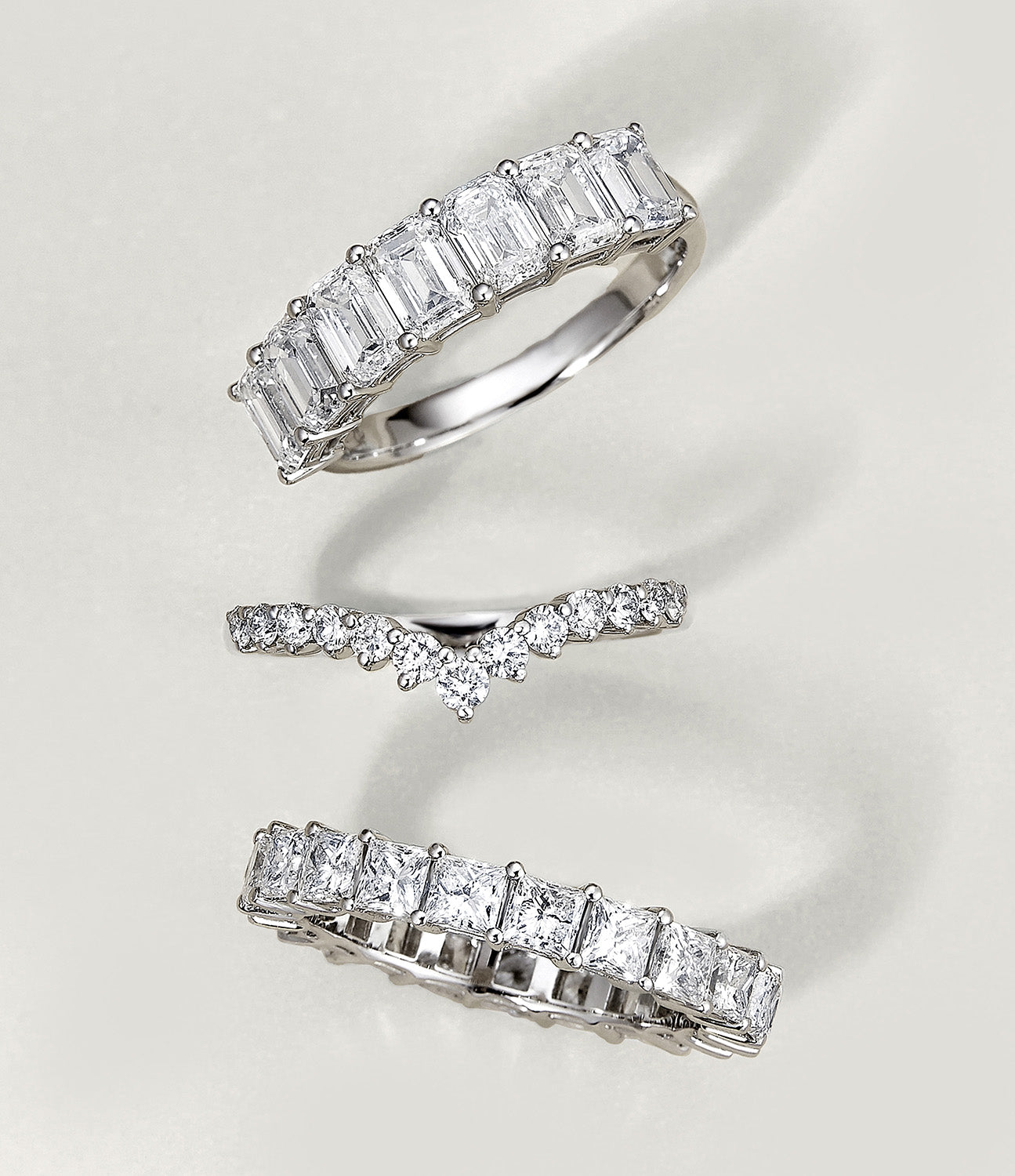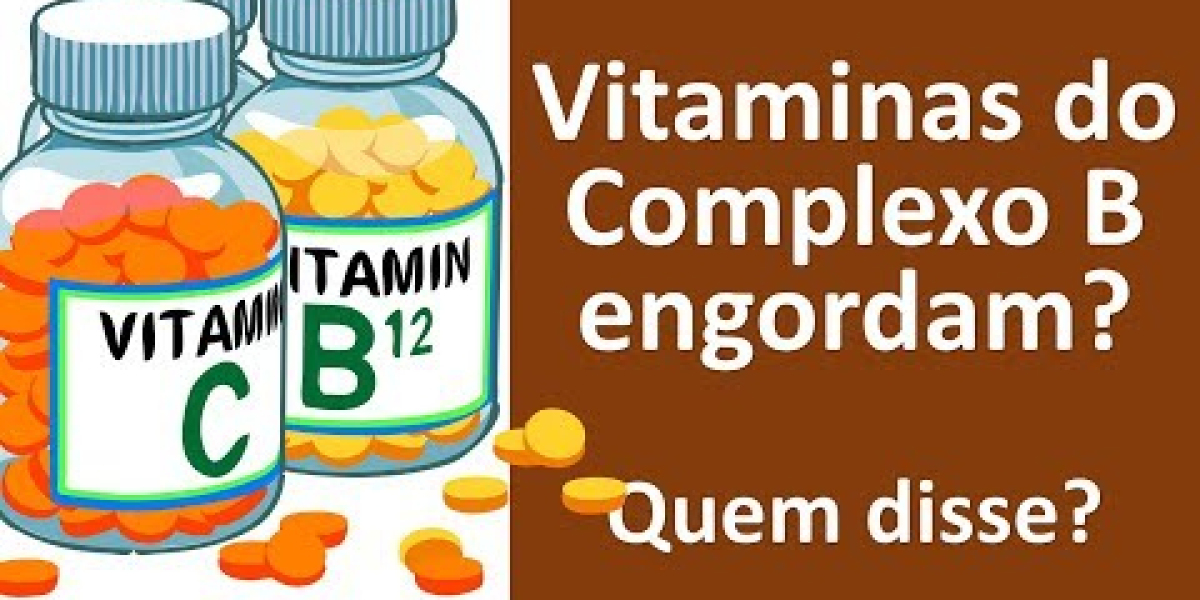In recent years, the demand for conflict-free diamonds has surged as consumers become increasingly aware of the ethical implications of their purchases. These diamonds, sourced from mines that do not finance conflict or human rights abuses, represent a commitment to responsible sourcing. But how are these precious stones traced and verified? This article delves into the intricate journey of conflict-free diamonds, highlighting their significance in the jewelry industry.

Understanding Conflict-Free Diamonds
What exactly are conflict-free diamonds? These are diamonds that are certified to be sourced from regions free from armed conflict and human rights violations. The term gained prominence after the 1990s, when it became evident that diamonds were being used to fund wars, particularly in Africa. To combat this issue, various initiatives, such as the Kimberley Process Certification Scheme, were established to ensure that diamonds are mined and traded responsibly.
The Sourcing Process
The journey of a conflict-free diamond begins at the mine. Ethical mining practices are crucial in this process. Here are some key points to consider:
- Responsible Mining: Mines must adhere to strict environmental and labor standards.
- Community Engagement: Local communities should benefit from mining operations through fair wages and infrastructure development.
- Traceability: Each diamond must be traceable back to its origin, ensuring transparency in the supply chain.
By focusing on these aspects, the industry can ensure that diamonds are not only beautiful but also ethically sourced.
Tracing Conflict-Free Diamonds
Once mined, how do we ensure that a diamond remains conflict-free throughout its journey? The answer lies in rigorous tracing methods. The following steps are typically involved:
- Certification: Diamonds are certified by recognized organizations that verify their conflict-free status.
- Documentation: Each transaction in the supply chain is documented, creating a paper trail that can be audited.
- Technology: Advanced technologies, such as blockchain, are increasingly being used to enhance traceability.
These measures help consumers make informed choices, knowing that their conflict-free diamonds are ethically sourced.
The Importance of Ethical Choices
Choosing conflict-free diamonds is more than just a trend; it reflects a commitment to ethical consumerism. By opting for these diamonds, consumers support sustainable practices and contribute to the welfare of communities involved in the mining process. Furthermore, this choice encourages the jewelry industry to adopt more responsible practices.
Conclusion
As the demand for conflict-free diamonds continues to grow, it is essential for consumers to understand the journey these diamonds take from mine to market. By prioritizing ethical sourcing and traceability, we can ensure that our jewelry choices align with our values. For those interested in exploring a range of ethically sourced jewelry, visit  for more information.
for more information.








